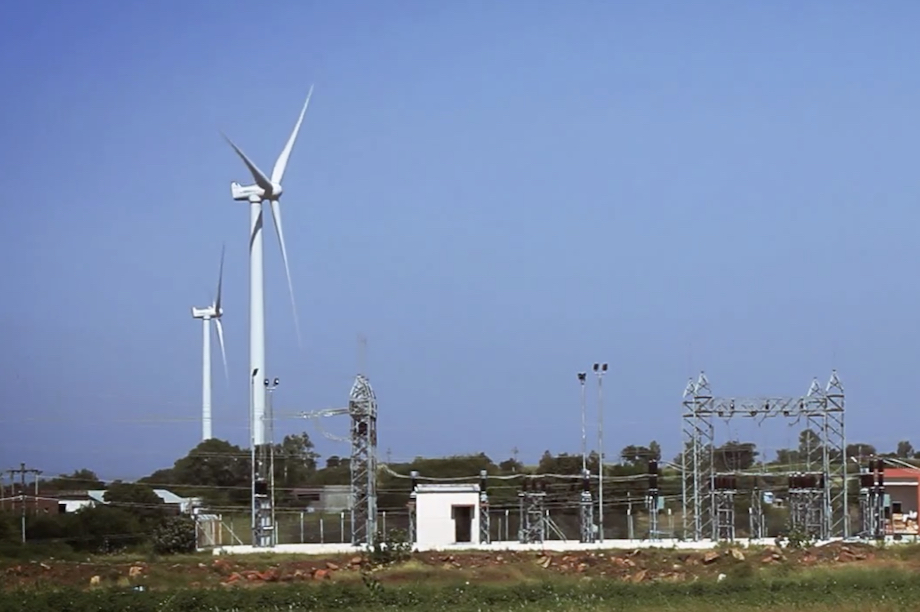The initiative follows a recent announcement by the MNRE to ensure availability of land and transmission facilities for developers that win wind and solar projects in auctions.
Recent wind auction results have been disappointing with tariffs stabilising and tenders undersubscribed.
Even execution of projects awarded under the federal auctions is facing significant delays due to a lack of available land and transmission infrastructure.
While these constraints are currently limited mainly to Gujarat and Tamil Nadu states, the MNRE wants to ensure these problems are addressed in other states as developers start bidding for capacity there.
Among India's major wind power states, Gujarat has already identified land to accommodate 30GW of wind or wind-solar hybrid parks.
Out of this 30GW, it intends to reserve 20GW for projects launched by the federal government and the remaining 10GW for state government-initiated projects.
The state has retained administrative discretion for preferential allocation of land banks to developers.
Apart from Gujarat, the government’s recently released land policy reveals that Andhra Pradesh, Rajasthan and Madhya Pradesh have identified dedicated land banks to accommodate 8GW, 19GW and 5GW of wind power respectively.
MNRE will also be consulting Tamil Nadu, Maharashtra and Karnataka to seek details of dedicated land banks available with them.
Once the land banks are identified, MNRE intends to get the federal transmission utility, The Power Grid Corporation of India Limited (PGCIL) to ensure grid connectivity for these locations allowing developers to have a ‘plug and play’ model of project development.
Another key objective of the consultation is also to settle differences with states regarding land allocation for federal projects.

.png)


.png)










